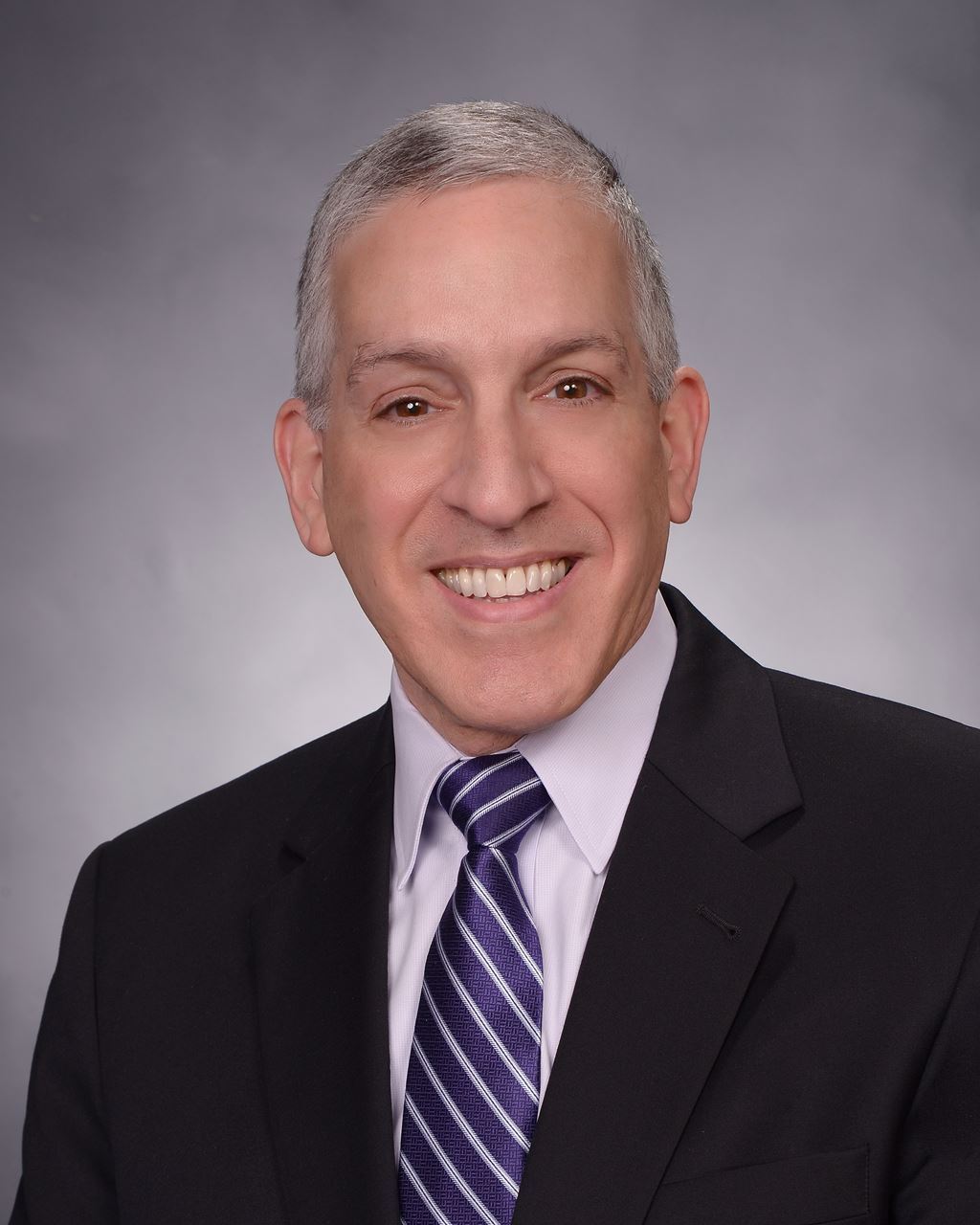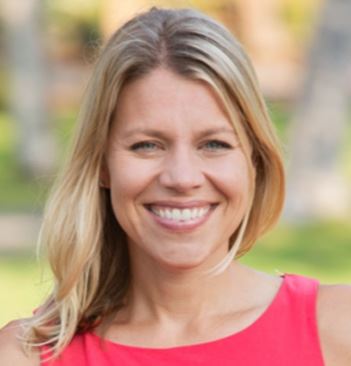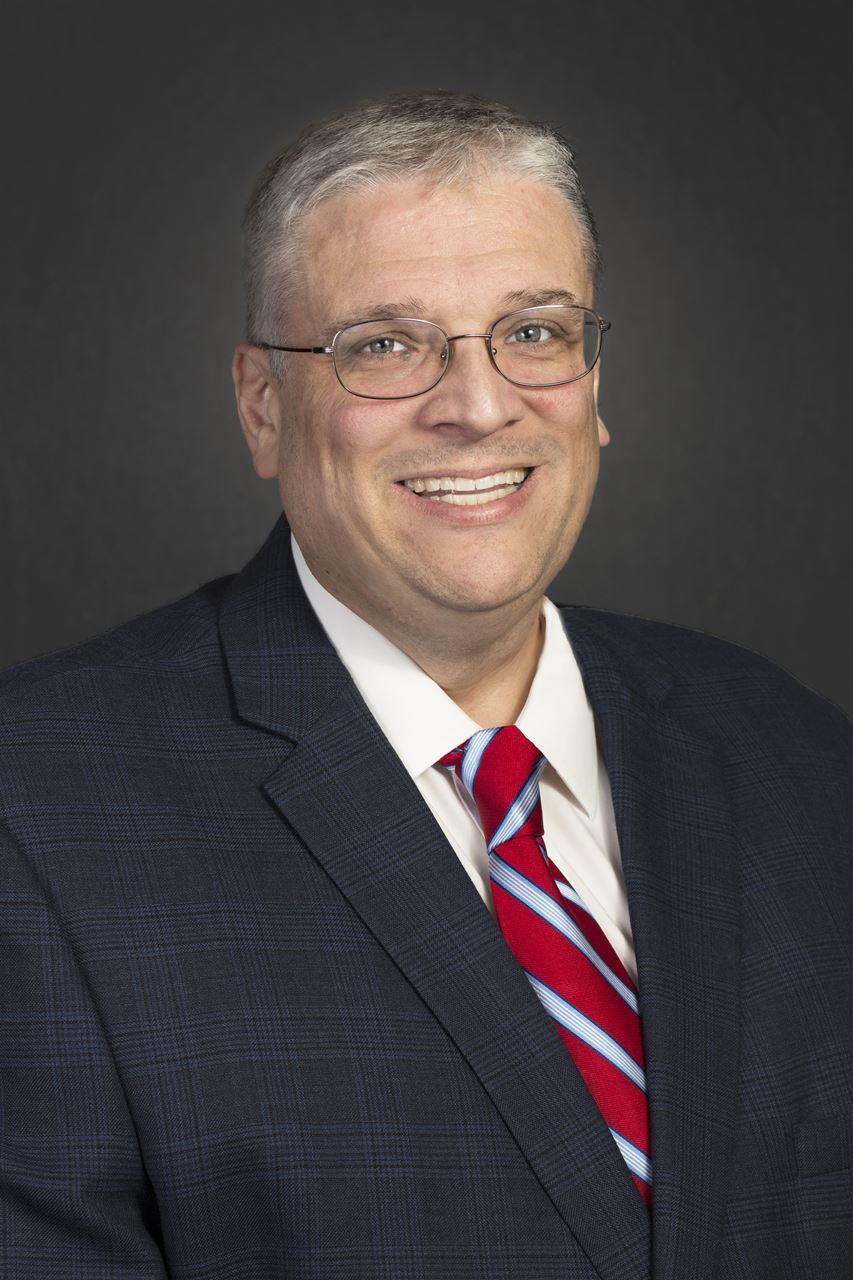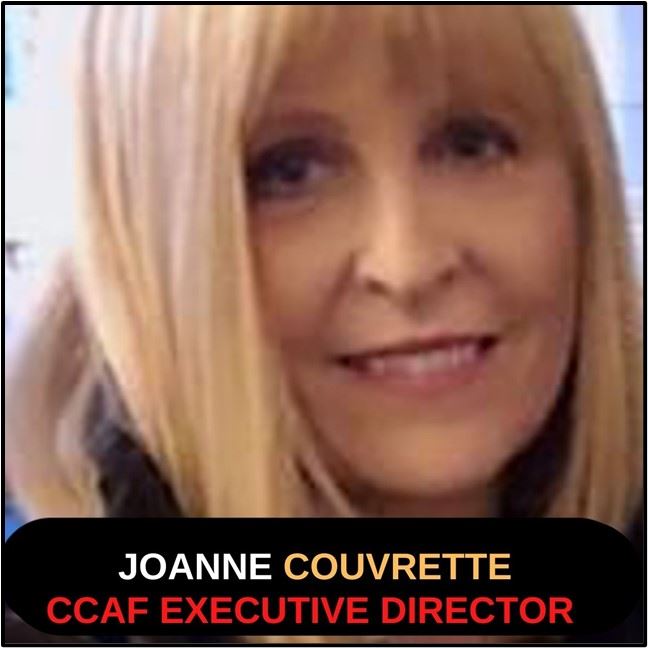April-May 2023 |
Scholarships from the Bill and Deborah Hoffman CEFL Scholarship Fund provide half the cost of the CEFL program for two recipients per year; recipients must be registered for the full program. Information on the CEFL Program can be found at https://www.educationfoundations.org/Certification.
|
When I started as the CEO at Carlsbad Educational Foundation, I was new to the non-profit world and had never worked alongside a board of directors. It was a daunting task to determine the most effective way to work with a group of 15 community members. For the first year, I spent much of my time copying what had been done previously and searching online for formal best practices. Over time, it became clear that effectively “managing” a board of directors is not dissimilar to managing a productive and happy staff. Rather than trying to fit our board into a cookie cutter structure it effectively evolved by soliciting feedback from the board and infusing my own, natural style. Things I learned while trying to bring my board of directors together: Connection Creating a welcoming environment where people can connect and enjoy each other’s company is key. We accomplished this by hosting in-person board meetings in the evening where we can enjoy a casual dinner and drinks. We have discussed moving to alternating online meetings, however, board and staff have agreed that connections made during in-person meetings are invaluable. Overall, relationships are built during side conversations, and we are wildly more productive when we are together. Keep things light Board meetings are fun and light. I am a naturally laid-back, collaborative leader and I carry this with me to our board meetings. We take care of important formal business in a regimented process. Within this process, we encourage idea sharing and open conversation to get us to the end result. We infuse fun competition that is well received and effective in driving board relationships, engagement and needed results. For example, leading up to our annual gala we put the board members on teams and award points based on a variety of things like purchasing tickets/tables, securing auction items, and sitting on our gala committee. We celebrate the progress of these teams at each meeting and offer goofy awards to keep members focused on driving the results we need. Board meetings are board-driven I know a board meeting is going well when I am doing very little of the talking. Most of the real “work” is done at individual committee meetings and these committees bring important business topics back to the full board. Whenever possible, board members lead these discussions to increase active participation. Staff share information if feedback is needed, and all other important staff business is shared in writing in the consent agenda. The intent is to ensure that every item on the agenda drives active participation and value to both the board and staff. Embrace feedback Having an open-minded and feedback friendly environment is essential to board engagement. We encourage our board to share their feedback as much as possible. Through this process, we were able to uncover why new board members were hesitant to take on active roles during their first year and found a solution. To help new board members feel more comfortable, we developed an improved pre-meeting orientation. Newcomers will be introduced to each other and staff to create relationships, so when they walk into their first board meeting, they’ll see familiar faces and know what to expect. We are thrilled to be welcoming four new members in April who will be the first to test out our new process and give us further feedback on the orientation. Finally, just like any paid staff, board members need to feel that they are an important part of the team. We accomplish this through committee meetings and individual conversations. Getting together in person with board members for coffee or lunch at least annually is incredibly important. These are the meetings where we receive genuine feedback and make progress with new community connections. Listen and lead Our board is always going to be a work in progress, and I’m ok with that because it means we’re consistently improving and open to constructive feedback - which is key to keeping our board members engaged and feeling appreciated. I’m proud to say that I’ve have heard from several of our board members that this is the most productive and enjoyable board they have been a part of, and my goal is to adapt as the board composition changes to maintain this level of engagement. Engaged boards make all the difference! There is no one size fits all. You can’t force your board into the “perfect” cookie cutter version, but what you can do is listen. Listen to your board and lead with your own style. And serve food…that makes everyone happy. | About the Author
Laura Pitts Laura Pitts has served as Carlsbad Educational Foundation’s CEO since October 2020. She is a Michigan native and relocated to California in 2009. Prior to joining Carlsbad Educational Foundation, she spent her entire career in the for-profit educational space working with students of all ages, running a tutoring program for elementary students, and later serving at the as campus president for Kaplan College. Pitts earned an M.B.A. from Purdue University Global and a B.A. in organizational studies from the University of Michigan. When she is not working she spends all of her time with her husband and two rambunctious young boys. |
Make a Donation!
Support the success of education foundations and donate today!*
*Our 501(C)3 charitable arm, National School Foundations Associations, Inc. (NSFA) accepts online donations.
It's tried and true. And historical. And what many know. It even checks off many different “to dos” on a checklist. Special events, those annual dinners/galas or golf tournaments, are what many know and feel comfortable with, both from a staff as well as board perspective. But if education's going to have the support it needs, providing opportunity for kids in teachers, our public school foundations need to venture into the area of individual giving: campaigns, major gifts, and planned giving. Whether it be the Association for Fundraising Professionals (AFP) or any other nonprofit industry wide association, the numbers are consistent and stark. The return on investment for most nonprofit events is somewhere around $0.50 on the dollar. For every dollar raised, you spent $0.50 to get it. But those same associations in their statistical analysis tell us that in raising money from individualized relationship-based activity, the return on investment is somewhat better than $0.25 on the dollar or for every dollar raised it costs just $0.25. But how do you go from the comfort of a known quantity in a special event to the unknown principles of major gift getting. Actually, quite simply—and in just 5 steps. Change in mentality Change in alignment/priorities Change in responsibilities Change in research Change in reporting It's scary and even daunting. But our schools, teachers, and students need the financial reinforcement for countless numbers of critical aspects that are the groundwork for a fantastic public school education experience. Embracing the change, no matter how overwhelming it might seem, is the first step toward a brighter future for philanthropy in public schools. | About the Author
Randall Hallett, CFRE, Ed.D., JD, MBA, BS Randall Hallett is the CEO and Founder of Hallett Philanthropy, a full-service consulting firm. Having spent his entire career in philanthropy, Randall has a passion for helping organizations seek funding to meet their mission, and believes giving is good for one’s emotional and physical well-being. Prior to founding Hallett Philanthropy, Randall served as President and Principal Consultant for Gobel Group, a leading firm in philanthropy consulting. While at Gobel, he oversaw all client programs on behalf of the 20+ person firm. The final four years of his seven-year tenure were the most profitable for the organization in their history. As a consultant, Randall has worked with universities, healthcare systems, hospitals, medical centers, and community non-profits here in the US and across the globe. Before consulting, Randall was the Chief Development Officer (CDO) and MedCenter Senior Executive at the University of Nebraska Medical Center, where he was responsible for all aspects of fundraising; Randall and his team supported the $370 million 18-month fundraising effort for the Fred and Pamela Buffett Cancer Center. Prior to working with the MedCenter, Randall spent 15 years in fundraising leadership positions with educational institutions. Randall holds a bachelor’s degree in business and finance from the University of Nebraska-Omaha, a Master’s Degree in Business Administration from the University of Missouri-Kansas City, a Juris Doctorate with a personal focus in taxation issues of estates and trusts from the University of Missouri-Kansas City, and an Educational Doctorate in leadership from the University of St. Thomas. |
Like most school foundations, the Canyon Crest Academy Foundation in San Diego organizes innovative fundraisers throughout the school year in order to fulfill their mission to enrich the experience of every student, every day. The award-winning CCA Foundation raises the money that helps make the difference between an ordinary high school experience and the exceptional educational opportunities and enrichment programs available to all Canyon Crest Academy students. Successful fundraising events include a yearly Gala, Taste of the Village, a San Diego community favorite offering samples from local restaurants, and of course, Giving Tuesday. All of these events, and more, combined with incredible community generosity, results in funds that bridge the gap between the public budget and the school’s actual needs. But, the CCA Foundation not only demonstrates core values of generosity and giving, but is proud to model a program of paying it forward. Example: Canyon Crest Academy has been in the process of replacing all of its dated, traditional desks and chairs to more flexible, collaborative, and innovative furniture. Purchase decisions are made by committees of parents, teachers, Foundation ED, and ultimately, the Principal. To date 27 classrooms at the school have been updated! As the new furniture was being delivered, the Foundation staff strategized to find a home for the “gently used” chairs and desks. After posting on social media and networking, the furniture was distributed among underprivileged schools in San Diego. Another example, the CCA Foundation sponsors and facilitates a program of summer camps, open to students from all district schools and ages, many of which are planned and run by the students themselves. Last summer, there were over 400 students in CCA Foundation student-run camps. The students “learn by doing” through creating curriculum, teaching, and managing summer enrichment programs in the disciplines they love. The students volunteer their time, and the money earned by these camps is donated back into their selected disciplines. It is a win-win for the Student-Counselors and the Camper AND all profits from the camps are donated to the camps’ disciplines. It is truly a pay it forward model. Since 2004, when Canyon Crest Academy (CCA) opened its doors to 364 freshman students in portable buildings in a parking lot, the Canyon Crest Academy Foundation has been steadily working to support and enrich this exceptional school. In 2023, Niche ranked Canyon Crest Academy as the best public high school in San Diego and 38th in the United States. The Canyon Crest Academy Foundation is pleased to have helped CCA to be one of the nation’s top-ranked high schools. | About the Author
Joanne Couvrette has a 20-year career as a nonprofit executive and is in her 11th year as executive director of the Canyon Crest Academy Foundation. Couvrette started her career in management for a Fortune 100 company and was the chief executive of a successful small business before entering the nonprofit world. |




 Joanne Couvrette
Joanne Couvrette